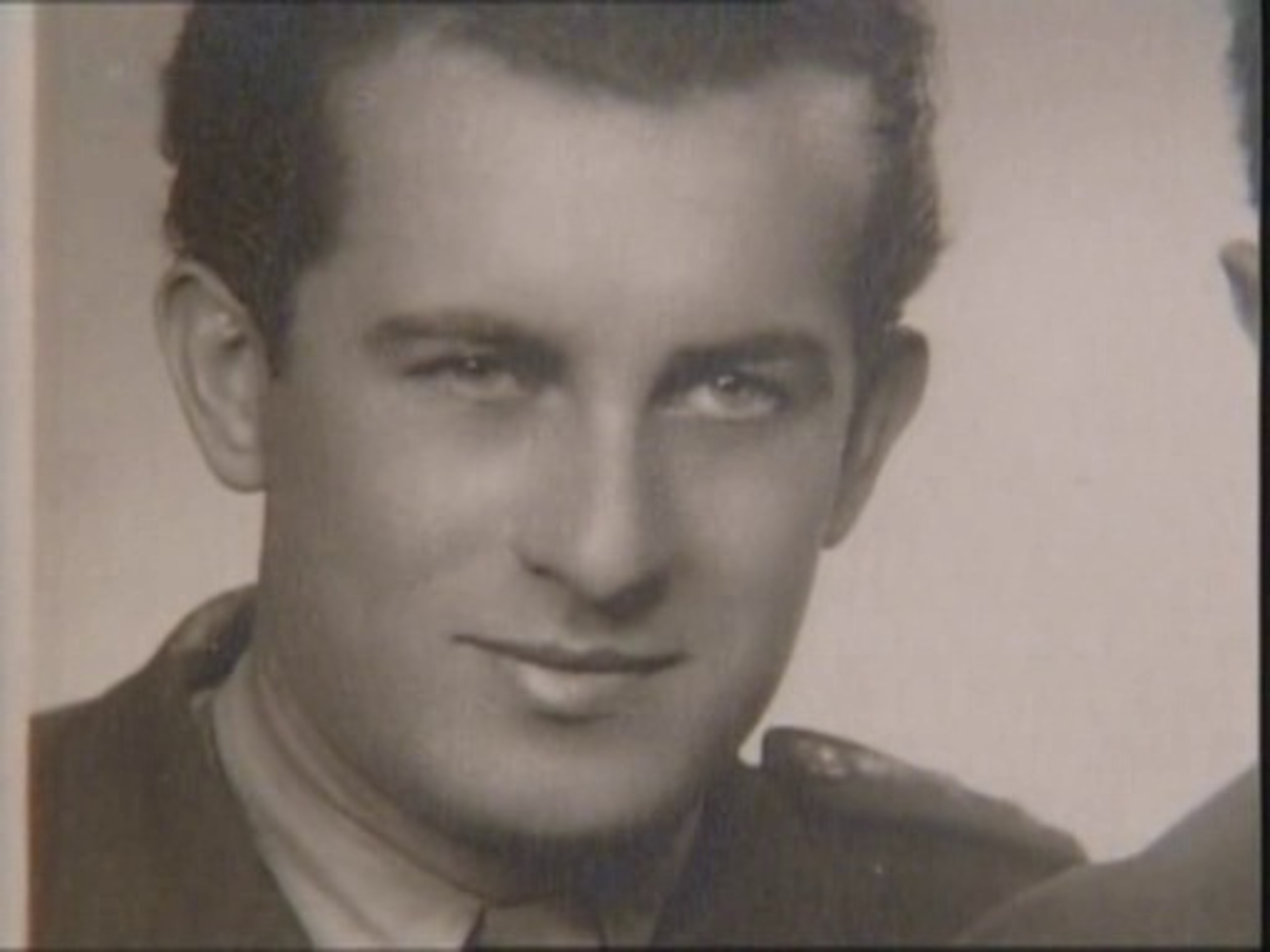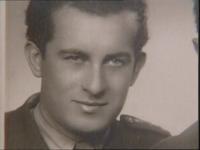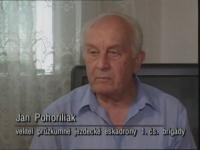Hungarians opened fire because we were traitors and Soviets did the same when they saw us
Jan Pohoriliak comes from Subcarpathian Rus. He witnessed the Hungarian occupation as a student. Together with his fellow students, he resisted the Hungarian army for ten hours, which helped Czechoslovak officials to escape from the country. During the occupation, he feared that his family might be prosecuted if he escaped to Soviet Union so he had to join the Hungarian forces. He eventually fled the country to Soviet Union where he was persecuted in Soviet labor camps. In 1943 in Novokhopersk, he joined the Czechoslovak army under the command of colonel Svoboda who ordered him to put together a cavalry unit. He was decorated with three war crosses for bravery. He was wounded in the battle of the Dukla pass. After the war, he supervised the expulsion of German inhabitants. He was accused of planning an anticommunist coup d`état and in so called Most case and imprisoned for two years. After the release he worked as a construction worker. In 1968, he was rehabilitated and promoted to major.


